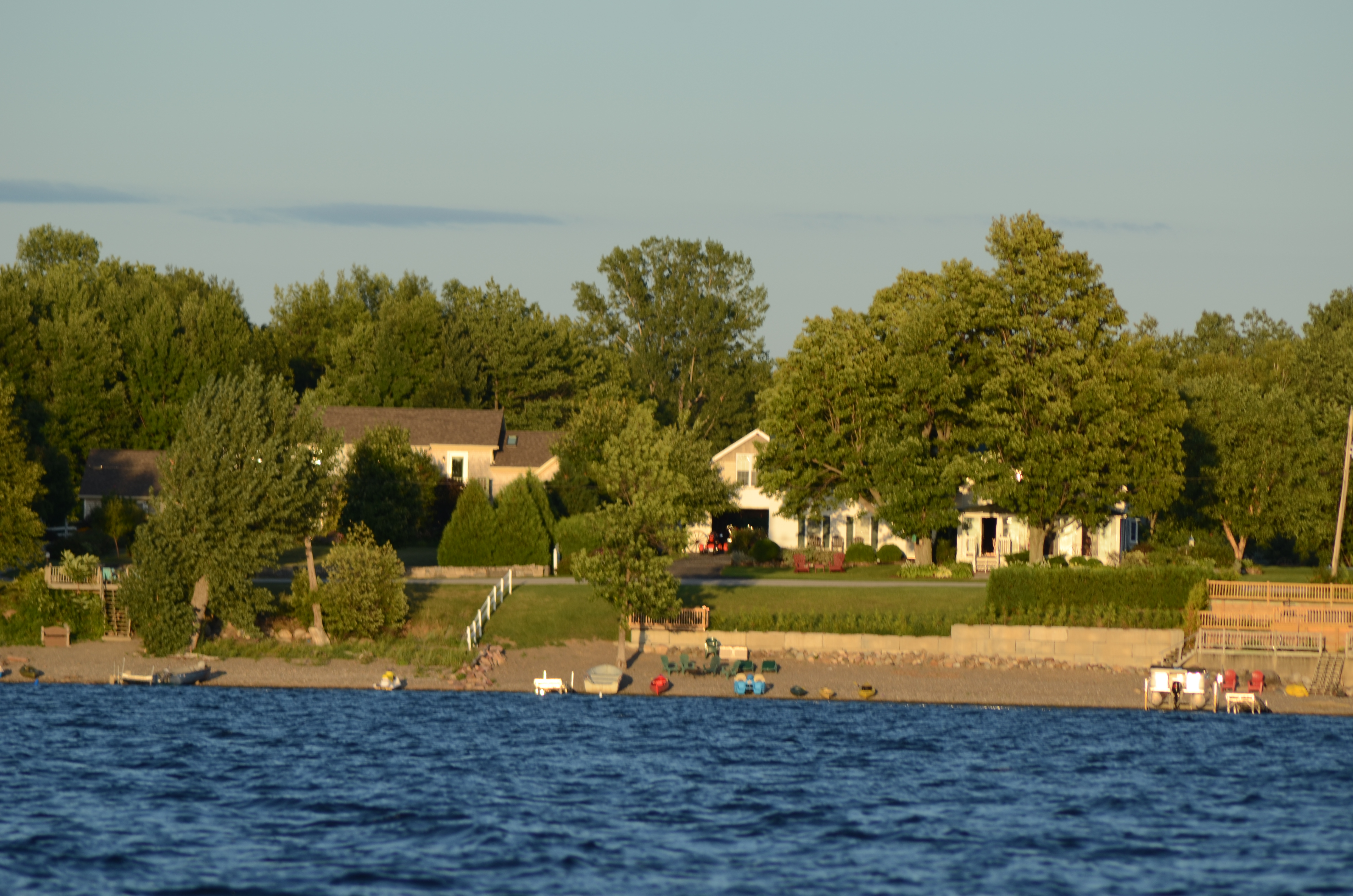
25 Sep Buying a retirement home before retirement
Photo: kconnors/morguefile.comQ. I have a $215,000 mortgage on my home (worth $450,000) and I plan to move in five years. I’d like to buy a retirement home (approximately $375,000) as soon as possible. I will need another mortgage. What’s the best way to make sure I can afford both?
A. You have to consider some budgeting scenarios.
A huge part of that is how much the mortgage on the retirement home would be and where you plan to get the down payment. Before we even go there — and we will — remember that buying a home is about more than the mortgage.
The mortgage itself will be a fairly small portion of the total expenses associated with purchasing and maintaining a new home, said Marnie Aznar, a certified financial planner with Aznar Financial Advisors in Morris Plains.
She said in addition to the mortgage, you should include real estate taxes, utilities, home maintenance and monthly association fees. You may have additional costs for landscaping, snow removal, house cleaning and other expenses.
Then you have the expense of moving itself, and the cost to furnish the new home.
“Once you have a good sense of what this will translate into in terms of additional monthly outflow, you should review your budget carefully to ensure that your income will be sufficient to cover the combined expenses of both homes,” Aznar said.
If you think your budget can handle it, now consider the mortgage.
Because of the real estate-driven financial crisis of 2008, lots has changed in the mortgage lending business, said Claudia Mott, a certified financial planner with Epona Financial Solutions in Basking Ridge. In particular, the requirements to qualify for a mortgage are more stringent.
So before you make any significant moves for the new home, speak to a lender and make sure you would be able to secure a new mortgage on a second home and know exactly how much you would be able to borrow.
“Given that you are only looking to borrow for a short time — I’m hoping you plan to pay off the second mortgage with the proceeds of the primary home sale — you may be able to take advantage of an adjustable rate mortgage which tends to carry a lower interest rate than a fixed-rate loan,” she said.
You will need to put down payment of at least 20 percent on the home to avoid private mortgage insurance or PMI, which Mott said can add as much as 1 percent of the loan value to the mortgage payment each year.
“One way to look at the issue of affordability is whether you have the $75,000 down payment readily available that will enable you to avoid extra fees,” Mott said. “Depleting an emergency savings fund or tapping a retirement account to get the necessary cash may help you get the loan but both could be costly in the long run.”
With a five-year time horizon in which you’ll be making two mortgage payments, you need to assess whether this will fit into your existing monthly budget by looking at your cash flow, Mott said.
Cash flow is calculated by comparing net income received each month to living expenses. She said there are a variety of online tools available to help you create a budget, or you may want to meet with a financial planning professional for assistance. There’s also nothing wrong with using pencil and paper!
At a minimum, Mott said, you want to review six months of living expenses broken down into two major categories. The first is “non–discretionary,” which are items you can’t live without, such as food, shelter and transportation. The second is “discretionary,” which are the non-essentials such as restaurants and entertainment. Be sure to adjust for any one-time, non-recurring or extraordinary expenses as well.
“If it turns out that you do not have enough extra cash flow each month to cover the new mortgage amount, a review of the non-essentials may yield additional savings,” she said. “However, you want to create enough savings to not only cover the mortgage but to have a cushion for the unexpected as well.”
Once you retire, it’s very likely that your cash flow is going to change, with your income probably decreasing. Your expenses may decrease, too, so you should also calculate your anticipated retirement budget.
Then you have to ask yourself the big question:
“If you are not planning to use the proceeds from the sale of your primary residence to pay off the mortgage on the second home, will you still be able to cover the payments comfortably?” Mott said.
If the numbers are questionable, you may want to wait before making the retirement home purchase.
“I would suggest that you not sacrifice on things like retirement savings in the next few years before you retire — if at all possible — to make this work,” Anzar said. “I would suggest that your goal be to make it work with your net income after expenses and savings.”
Email your questions to .
This story was first posted in September 2015.
NJMoneyHelp.com presents certain general financial planning principles and advice, but should never be viewed as a substitute for obtaining advice from a personal professional advisor who understands your unique individual circumstances.
